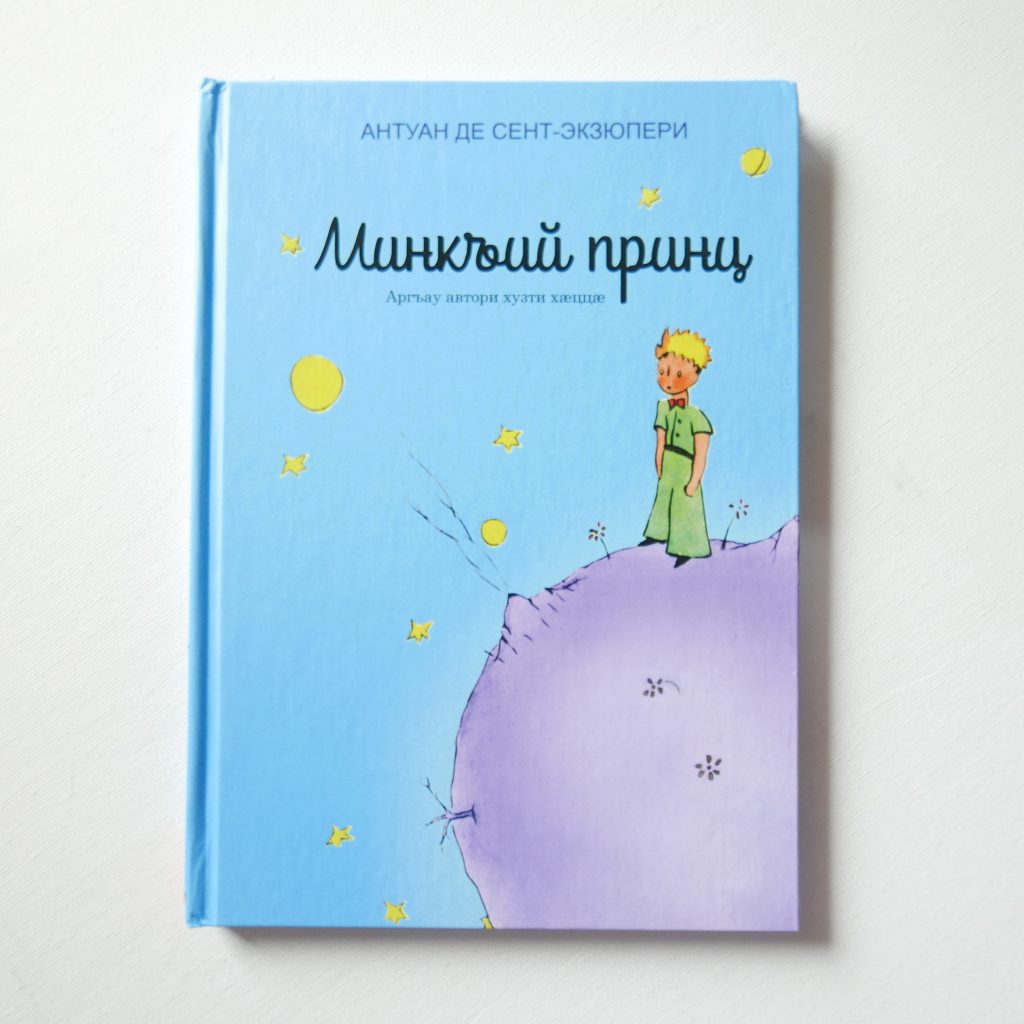
Минкъий Принц (Mink’y Prints), in Digor language.
The Digor language, or Digoron, is the lesser-known sibling of the Ossetian language family, spoken primarily in the western regions of North Ossetia–Alania, particularly around the Digora and Iraf districts in the Caucasus Mountains. Though often overshadowed by the more dominant Iron dialect, Digor is no less remarkable—it is, in fact, the older of the two, retaining more conservative phonological and grammatical features that linguists believe are closer to the ancient Scytho-Sarmatian languages. These linguistic roots link Digor speakers to a vast tapestry of ancient Iranian nomads whose cultural influence once stretched across Eurasia. While mutual intelligibility with Iron is limited, the two dialects share a deep mythological and historical ancestry, bound together by the heroic Nart sagas and a shared Ossetian identity.
Culturally, the Digor people have preserved a distinct social fabric characterized by close-knit mountain communities, ancestral clan systems (taepaeg), and a deeply ingrained tradition of hospitality and honor. Their geographic isolation in the highlands helped them maintain unique oral traditions, music styles, and ritual practices that differ subtly but meaningfully from those of their Iron neighbors. One particularly notable aspect of Digor culture is the ceremonial feast gatherings (known as kuyvd), where food, poetry, and toasts are interwoven with storytelling and the remembrance of ancestors. These gatherings reflect the Digor ethos: reverence for the past, communal solidarity, and a strong sense of identity rooted in both land and lineage.
Historically marginalized, Digor speakers have fought hard to preserve their dialect in the face of political centralization and linguistic assimilation, especially during Soviet times when Iron was promoted as the standard Ossetian literary form. Today, efforts to revitalize Digor include local schooling, cultural festivals, and a growing literary movement, all part of a broader resurgence in regional pride. For the Digor people, language is not merely a tool of communication—it is a vessel for worldview, a guardian of ancestral memory, and a quiet act of resistance against the erasure of cultural uniqueness.


